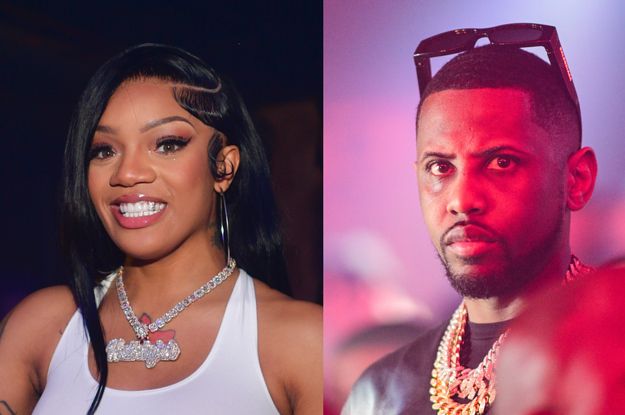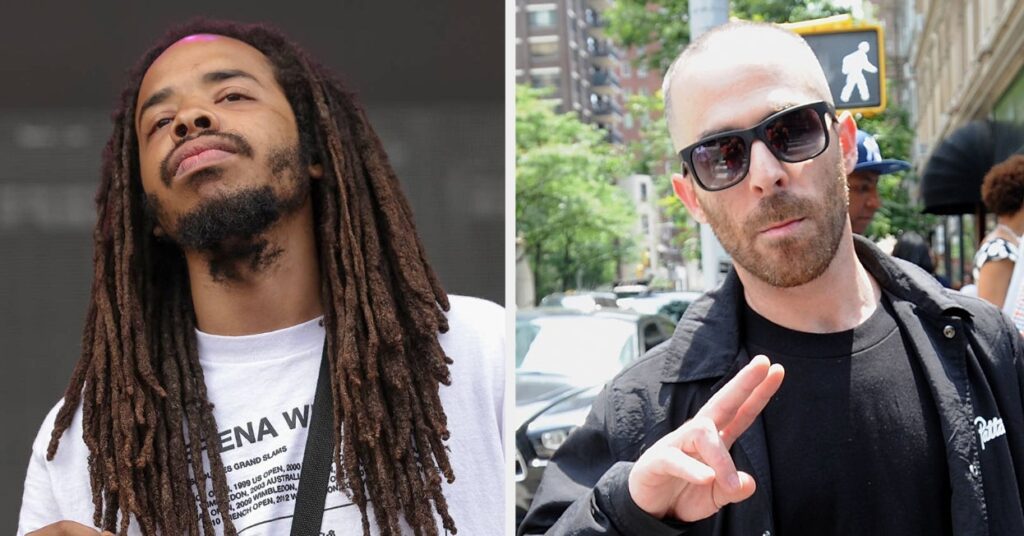
GloRilla Addresses Fabolous’ Take on How Female Rappers Are Marketed: ‘What Men Rap About? Killing, F*cking, Robbing’
GloRilla had some words for Fabolous who commented on female rappers and the way they’re marketed in the industry.
During her conversation with GQ, Big Glo was asked about the comments Fab made last summer that there are several female rappers who have stories to tell but the industry is only looking to promote a specific artist archetype. According to Glo, Fab couldn’t be anymore wrong in his statement.
“What men rap about? Killing, fucking, robbing, cars, money. Females rapping about the same shit,” she told GQ. “But guess what? We’re not killing. We’re not in gangs. We’re not robbing. That’s what men be doing. What we doing? We’re sitting pretty, we’re popping our shit, we’re hustling, we’re getting money. We fuck, so we rap about what we do.”
Fab made his statement on his Instagram Story where he claimed he’s a fan of a lot of female rappers today, but it’s unfortunate they all won’t get the same shine.
“Love hearing the female rappers talking some real shit,” Fabolous wrote. “Women are so strong, have so many stories and perspectives that we need to hear in pure form. No disrespect to any of the female rappers out, but I think there’s only one style of female rap/hip-hop being promoted, programmed, and looked at as successful now.”
Elsewhere in her interview with GQ, GloRilla shed some light on her upbringing as a child. According to the rap superstar, she grew up in a conservative and religious household.
“We really couldn’t listen to the radio. Never got a Christmas present from my mama a day in my life. We didn’t do Valentine’s Day. We didn’t do Easter. We didn’t do Halloween. Really only did the Fourth of July, and Thanksgiving,” she told GQ. “My mama was strict—but apparently I still ended up doing what I wanted to do.”
She also stated that she didn’t hang out with kids her age due to being homeschooled. “I was socially sheltered,” she explained. “I didn’t really know the outside world, other than church and my siblings—so I really didn’t know myself. By the time I finally [went to a traditional school] I was 10, I was around all these other different people and personalities, and I guess it brought me out.”
While speaking with Jessica Mckinney for Complex Volume earlier this year, GloRilla opened up about a myriad of topics, including her rise from Memphis rapper to global star, how she feels comfortable at the top in hip-hop, and more.



